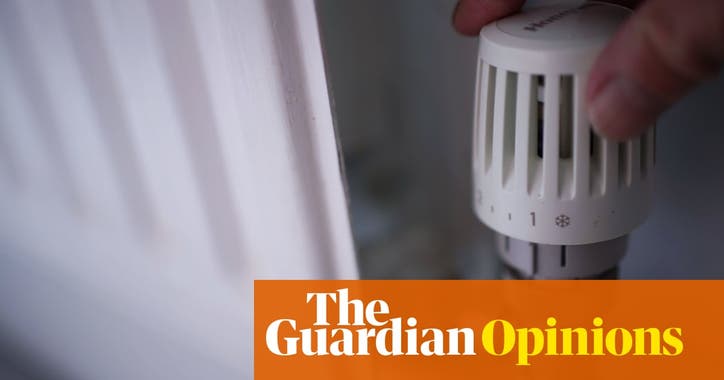The UK government is about to make some disabled benefits claimants even poorer
Cost of living payments for those receiving Pip have been quietly axed, forcing many to choose between charging their wheelchairs or staying warm
It’s getting cold, which means that many disabled people will, once again, have to choose whether to keep warm or charge their wheelchairs. Only this winter, they won’t be getting any additional help with the cost of living.
Last year, the government allocated cost of living payments to those on low incomes, and to disabled people who receive personal independence payment (Pip), the main disability benefit. And yet, as the next round of low-income payments start to go out this week, that separate disability payment has been quietly scrapped. If it wasn’t so nakedly cruel it would be absurd.
This is hardly the first cruelty. When the original payments were made last autumn and again in June this year, the disability-specific one was less than half the amount of the low-income one. And this despite the fact that disabled people face astronomical costs in order to make the world more accessible to them. The source of these costs varies from person to person; from care costs to taxi fares or prepared food.
In 2019, before Covid and the inflation crisis, the charity Scope found these extras amounted to £583 a month on average, rising to more than £1,000 a month for one in five disabled people. Now, Scope puts that figure at £975 a month for households that include one disabled child or adult, or £1,248 for households with two disabled adults. The charity’s research shows that disability-related extra costs are equivalent to 63% of a disabled household’s income, after housing costs. For those with the most complex needs, costs will be much higher.
In a crisis born of rising energy prices, it’s important to note the disproportionate effect soaring bills have on disabled people. A wheelchair user with a chronic lung condition may need to work from home to protect themselves from common illnesses – meaning that, if it’s cold, they have the heating on all day. If they get cold their breathing gets worse, so they put the heating on earlier in the autumn than most people, with the thermostat set higher. It’s not hard to see how their gas bill takes up a huge chunk of their income. Add in increased electricity bills associated with charging electric wheelchairs and other equipment, and those figures from Scope start to make a lot of sense. As do recent survey results from the Trussell Trust, which found three-quarters of people referred to food banks say that they or a member of their household are disabled. There is a real crisis here.
Which takes us to the other cruelty in government policy on disability benefits – one that existed long before the current decision on who gets cost of living payments was made: Pip isn’t fit for purpose. Not only is it unreasonably hard to claim the benefit, it doesn’t come remotely close to achieving its purported aim, which is to cover those exorbitant extra costs of disability to level the playing field – just a little – for disabled people. The truth is, Pip has never been enough and over time the proportion of the costs it does cover has fallen and fallen. Pip is generally increased each year in line with inflation, but the cost of disability-related essentials, such as energy, has been rising much faster than the average increase. We’re not so much levelling the playing field as we are leaving disabled people to scale a cliff face.
A series of exceptional cost of living payments over the next few months is not going to undo the decade-long devaluing of Pip. A payment of a few hundred pounds wouldn’t make up for the relentless inaccessibility, ableism and failure of government services that has created all those extra costs in the first place. But it wouldn’t hurt either.
If, as the continuation of payments to those on low incomes would indicate, we recognise that we are still in an acute cost of living crisis that requires at least some mitigation, we must recognise that disabled people are in desperate need of the same help.
-Lucy Webster is a political journalist and the author of The View From Down Here: Life as a Young Disabled Woman

Add comment